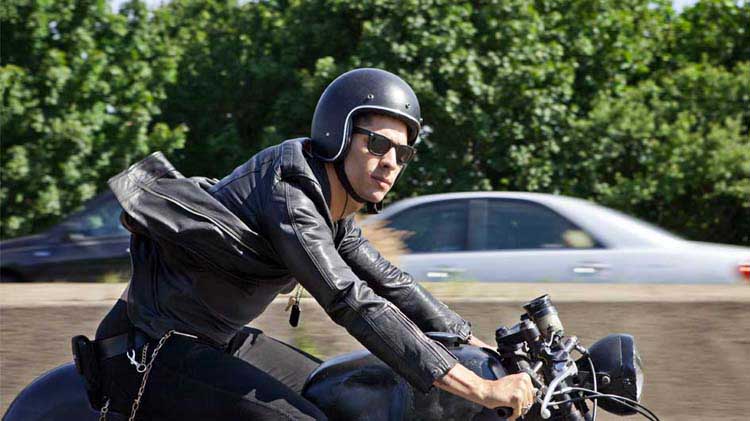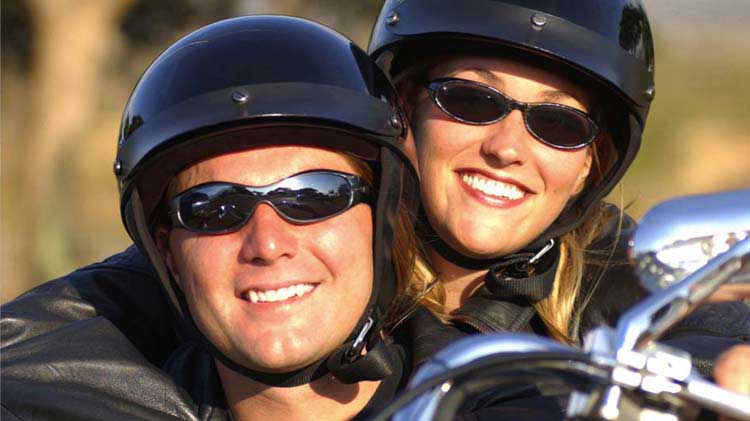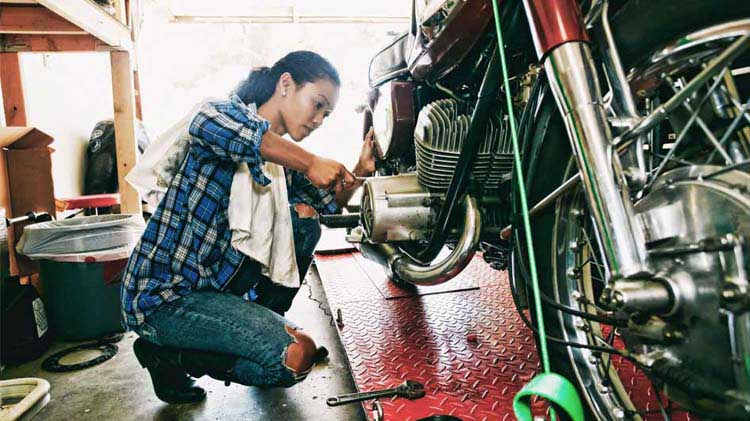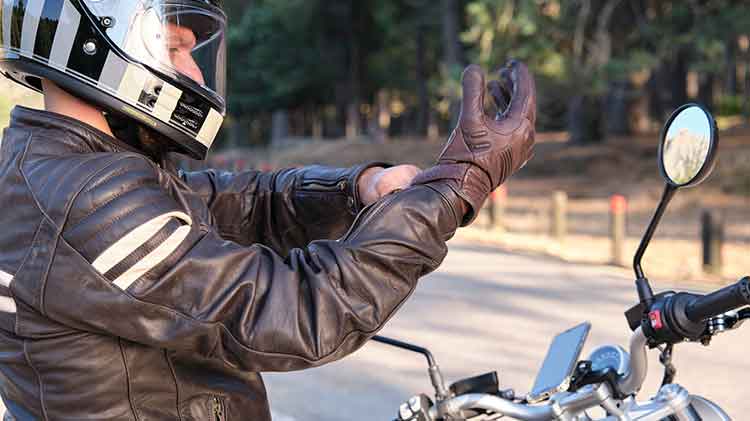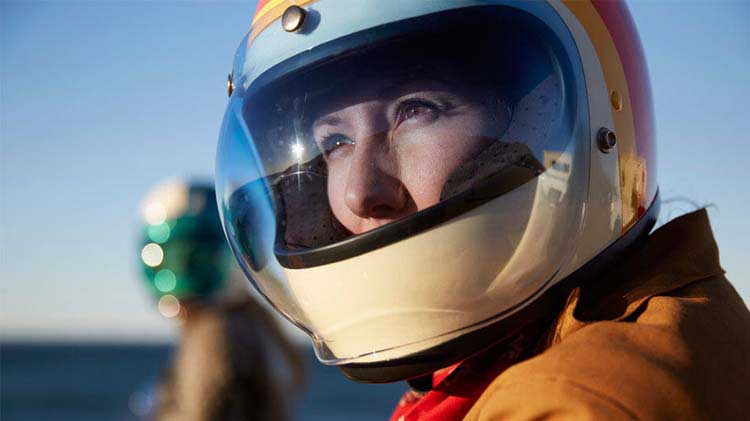What to know about ABS on motorcycles
Anti-lock brakes aren't just for cars. Find out how this braking technology may help save you from losing control of your bike.
The anti-lock brake system (ABS) technology, which is now standard on all U.S. passenger vehicles, and required on all European motorcycles, is only available on some American motorcycles. Many motorcycle manufactures offer this as standard equipment or as an optional feature.
Here are some things to consider about ABS on motorcycles.
What is ABS?
Unlike cars, motorcycles generally have separate brakes for the front and back wheels, which riders engage with separate controls. Braking too hard or applying uneven pressure may cause the wheels to lock and the rider to lose control. The motorcycle ABS helps prevent the wheels from locking during braking.
How does ABS work?
The ABS uses a small metallic ring gear attached to the hub of the wheel along with a magnetic sensor to generate an electrical signal or tone ring which is sent to the ABS unit. Each wheel's sensor determines speed and when a wheel is about to lock. When the system senses a wheel is locking up, it reduces the braking force which allows the wheels to spin. Once the sensor no longer detects locking, it allows the brake to increase in pressure. Similar to an off and on switch, the unit monitors when the motorcycle is slowing down, speeding up or keeping a steady speed.
What are the benefits of having ABS?
Motorcycles equipped with ABS can help riders brake fully without wheels locking up by allowing them to stop suddenly and maintain better control. According to a 2003-2019 study by The Insurance Institute for Highway Safety (IIHS), motorcycles equipped with ABS resulted in a reduction in accident fatalities by 22%.
Is ABS worth it on a motorcycle?
Motorcycles with an ABS are generally more expensive than those without and the price difference between them can be hundreds of dollars. Depending on the make, model and size of a motorcycle, not all are equipped with ABS. However, if you have a large bike and are not an off-road rider, you might want to consider this technology. Anyone can encounter an accident at any time regardless of how much motorcycle experience they have. If having an ABS on your bike helps you avoid a potentially fatal accident, you may feel the additional cost is worth it.
And remember - safety features like ABS are never substitutes for riding defensively, thinking responsibly and practicing good judgment.
